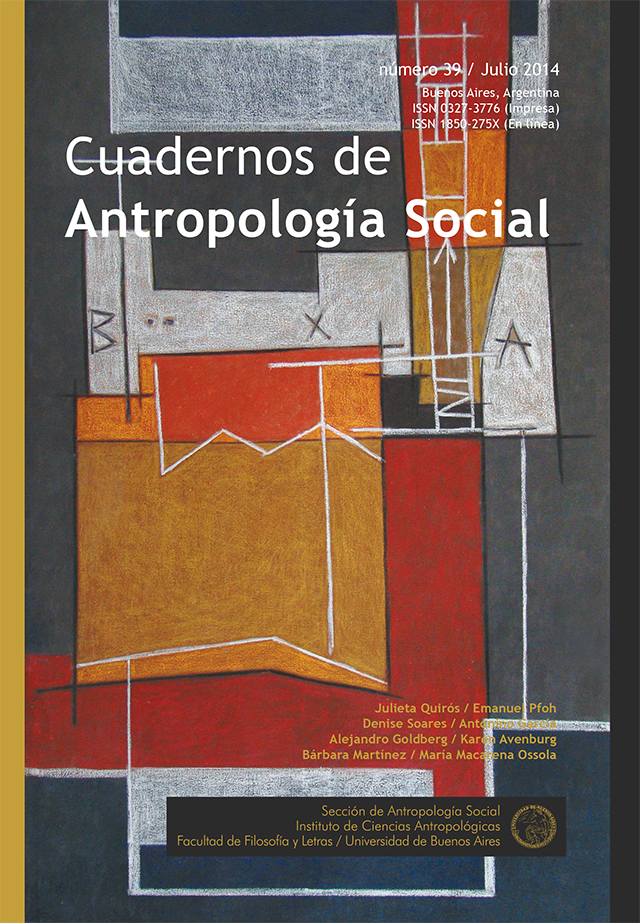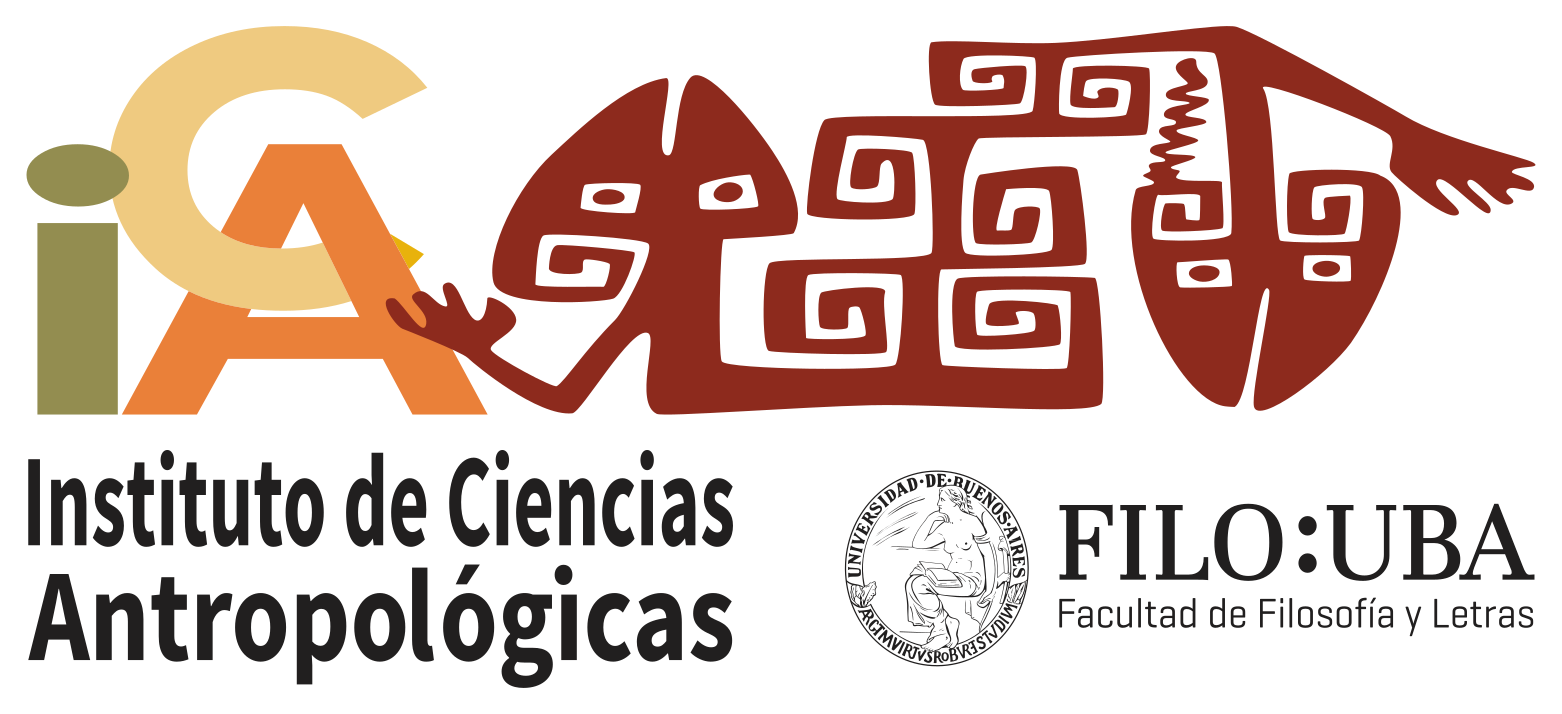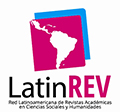Imaginative geographies, archaeological practice and national construction in Israel/Palestine
Abstract
The Christian “Holy Land” and the “Promised Land” of Judaism, and then the more secular Jewish “homeland” of Zionism, they all constitute constructions of the geographical imagination about Israel/Palestine, enabling a certain manner of conceiving of a particular territory and affecting as well the ways in which societies relate to such territory and create their past, their present and their future. In this paper, the author analyzes the Western enactment of these imaginative geographies and the role of archaeology in the nation-building process carried out by the State of Israel since 1948, which marginalized Palestinian population and its relationship to the territory, producing both a material and a symbolical disposession. The deconstruction of such imaginative geographies and the analysis of their historicities allow for us a critical consideration about the processes of nation-building in Israel/Palestine.Downloads

Esta obra está bajo una Licencia Creative Commons Atribución 4.0 Internacional
Cuadernos de Antropología Social sostiene su compromiso con las políticas de Acceso Abierto a la información científica, al considerar que tanto las publicaciones científicas como las investigaciones financiadas con fondos públicos deben circular en Internet en forma libre, gratuita y sin restricciones.
Los contenidos y opiniones expresadas en los artículos publicados son de entera responsabilidad de sus autores.
Los autores/as que publiquen en esta revista aceptan las siguientes condiciones:
- Los autores/as conservan los derechos de autor y ceden a la revista el derecho de la primera publicación, bajo la licencia de atribución de Creative Commons, que permite a terceros utilizar lo publicado siempre que mencionen la autoría del trabajo y a la primera publicación en esta revista.
- Los autores/as pueden realizar otros acuerdos contractuales independientes y adicionales para la distribución no exclusiva de la versión del artículo publicado en esta revista (p. ej., incluirlo en un repositorio institucional o publicarlo en un libro) siempre que indiquen claramente que el trabajo se publicó por primera vez en esta revista.















